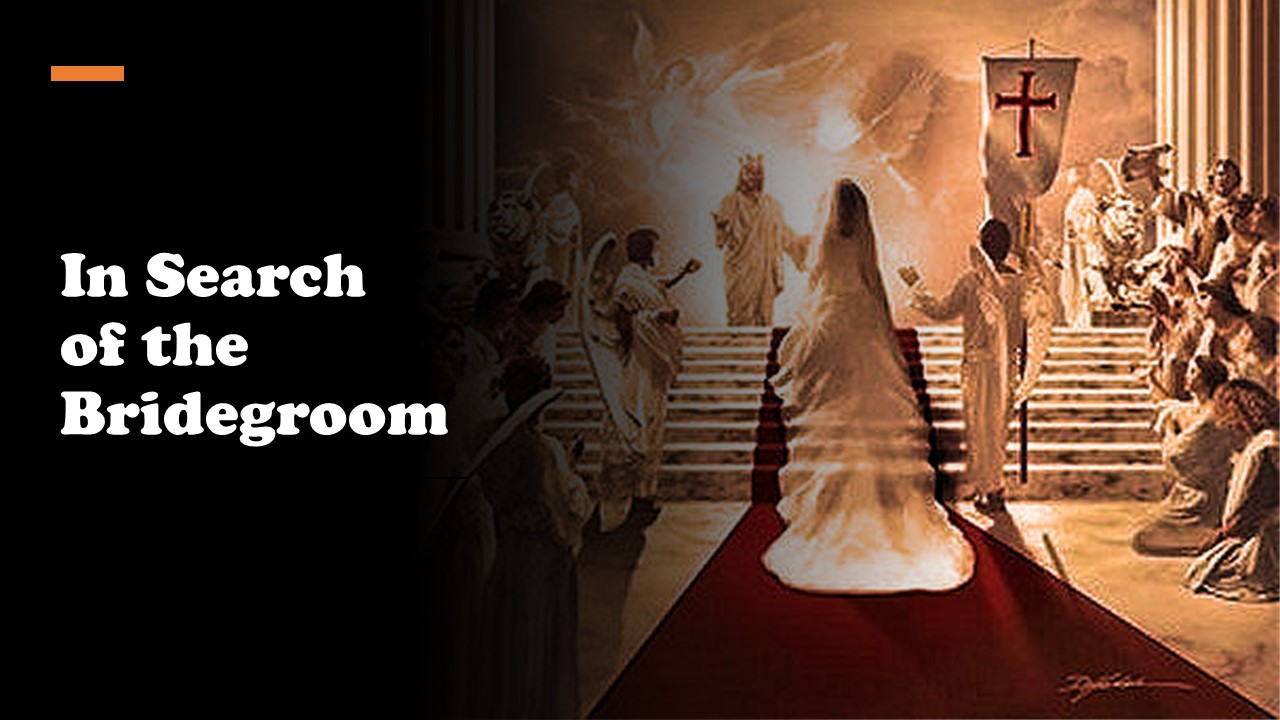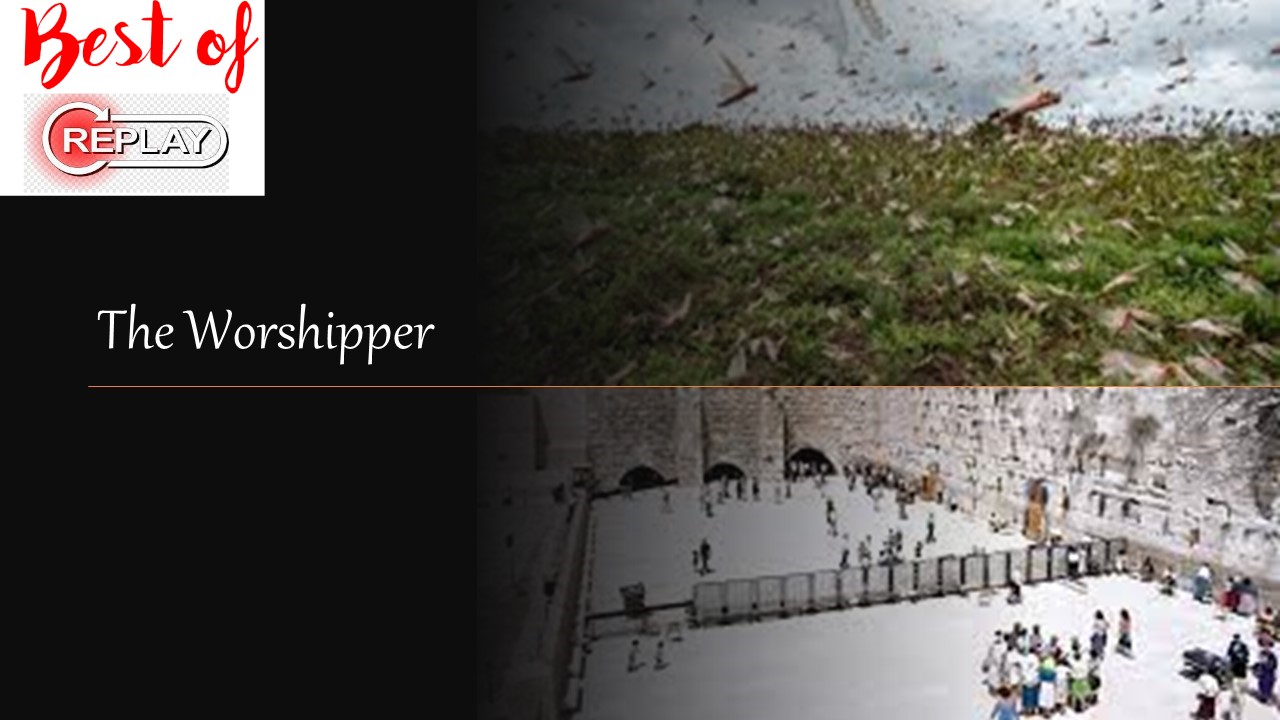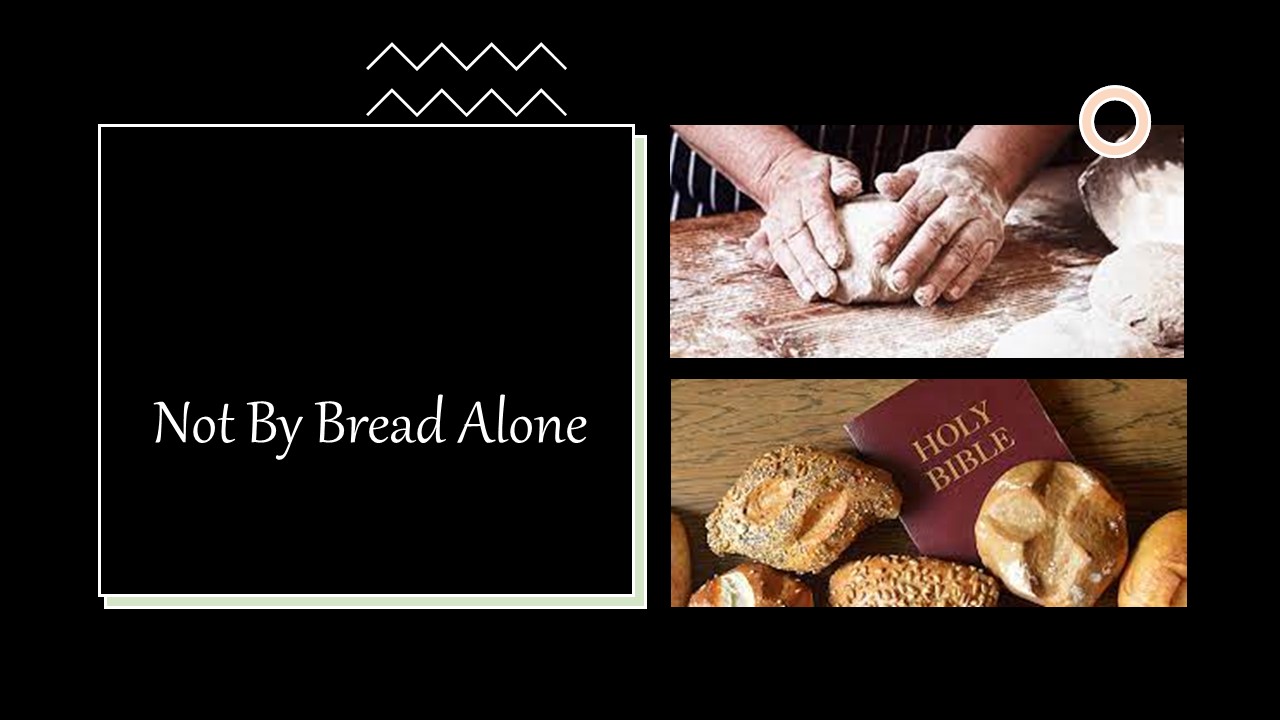After preaching begrudgingly for more than 30 days, Jonah’s message finally gets through to the wicked people of Nineveh. The king issues a proclamation that includes the following: “Call out mightily to God. Let everyone turn from his evil way and from the violence that is in his hands.”
Instead of rejoicing at Nineveh's repentance, the prophet seethes with anger. He is furious that God has spared his enemies, even wishing for death. God challenges him with a probing question: "Is it right for you to be angry?" This simple yet profound question forces Jonah to confront the root of his resentment.
Jonah leaves the city, hoping to witness its destruction, but God has other plans. He provides a leafy plant to shelter the prophet, offering respite from the scorching sun. However, this comfort is fleeting. God appoints a worm to destroy the plant, leaving Jonah exposed and miserable. Again, Jonah erupts in anger and wishes for death. God then repeats the question: “Is it right for you to be angry about the plant?” Affirming his anger, Jonah is met with an analogy that cuts to the heart of the matter.
God highlights Jonah's concern over a temporary plant and contrasts it with His own deep compassion for the city of Nineveh. Shouldn't God, who created the inhabitants of Nineveh, care for them and desire their salvation? This final question lingers, leaving Jonah (and the listener) to grapple with the vastness of God's mercy, which often defies our own limited notions of fairness and justice.

The Song of Solomon is a poetic exploration of love and intimacy, initially appearing as a romance between a man and a woman, but...

Today, we replay Episode 191, from July 2021, “The Worshiper,” part of our series “50 Books in 50 Weeks.” Joel is the 2nd book...

What are some verses in the Book of Matthew on which we ought to meditate? Scriptures referenced include 1 Peter 4:15-16 and more than...